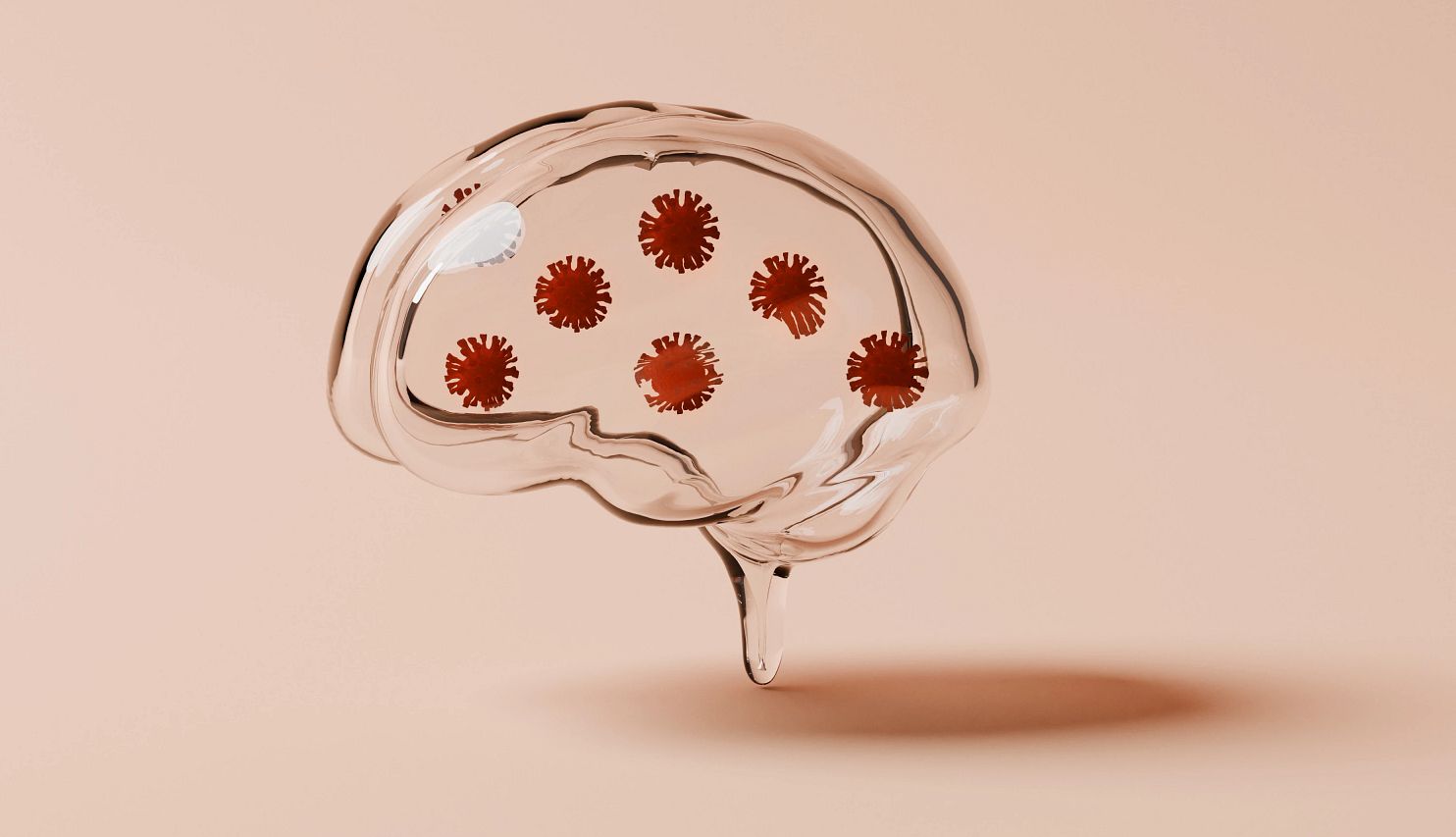AARP Hearing Center


We often think of vaccines as a tool to help prevent common infections like the flu or COVID-19, or at least lessen their severity. But evidence is building that some vaccines may also lower the risk of Alzheimer’s disease, the most common form of dementia.
Most recently, researchers examining health outcomes of a shingles vaccination program in Wales estimated that the jab led to a 20 percent drop in dementia risk over a 7-year follow-up. The study, reported in April in Nature, tracked nearly 300,000 people.
“This is another argument … that viruses have something to do with the development of Alzheimer’s disease,” says Tamàs Fülöp, M.D., geriatrician and professor at the University of Sherbrooke in Canada, who was not involved in the study.
Several other vaccines — for influenza, pneumonia and tetanus-diphtheria-pertussis — have also been linked with lower Alzheimer’s risk. Those findings are helping to bolster a theory slowly spreading among researchers.
The idea is that common viruses and other pathogens may seed some cases of Alzheimer’s disease. These invaders never fully clear out of the body after an infection ends. They lie dormant for years. Then some stressor — it could be actual stress, a blow to the head or some factor that challenges the immune system — may reawaken the sleeping pathogen.
In the case of Alzheimer’s disease, the body tries to defend itself, says biologist Ruth Itzhaki, a visiting professorial fellow at the University of Oxford and professor emerita at the University of Manchester. And surprisingly, two of the proteins known to cause problems in Alzheimer’s disease get involved in the defense. In some cases, the system goes haywire, leaving amyloid plaques and tau tangles, which gradually debilitate the brain. These problem protein clumps may be remnants of the immune system’s hard-fought battle.
An outrageous idea
Itzhaki has been trying to get to the bottom of the virus-Alzheimer’s connection for over three decades. In 1991, she reported finding something peculiar in the brains of people who had died, some with Alzheimer’s disease and some without. She and her colleagues detected DNA from the herpes simplex virus type 1, or HSV-1, the virus responsible for cold sores. It infects around 80 percent of adults by age 60 and is known to linger for life, although most people never notice any symptoms.
“People just were outraged at the idea of something like a virus being present” in the brain, Itzhaki says. “The idea was laughed out.” At the time, most people didn’t think foreign microbes could get into the brain.






































































More From AARP
Stem Cells Show Early Promise in Parkinson’s
Two small studies suggest that stem cells turned into dopamine-producing nerve cells can be safely replace damaged brain cells into Parkinson's patients
Superfoods for Your Brain
These delicious foods stand out for boosting memory, cognition and more
Smart Guide to Vaccines for Adults Over 50
A comprehensive guide to vaccines and their benefits